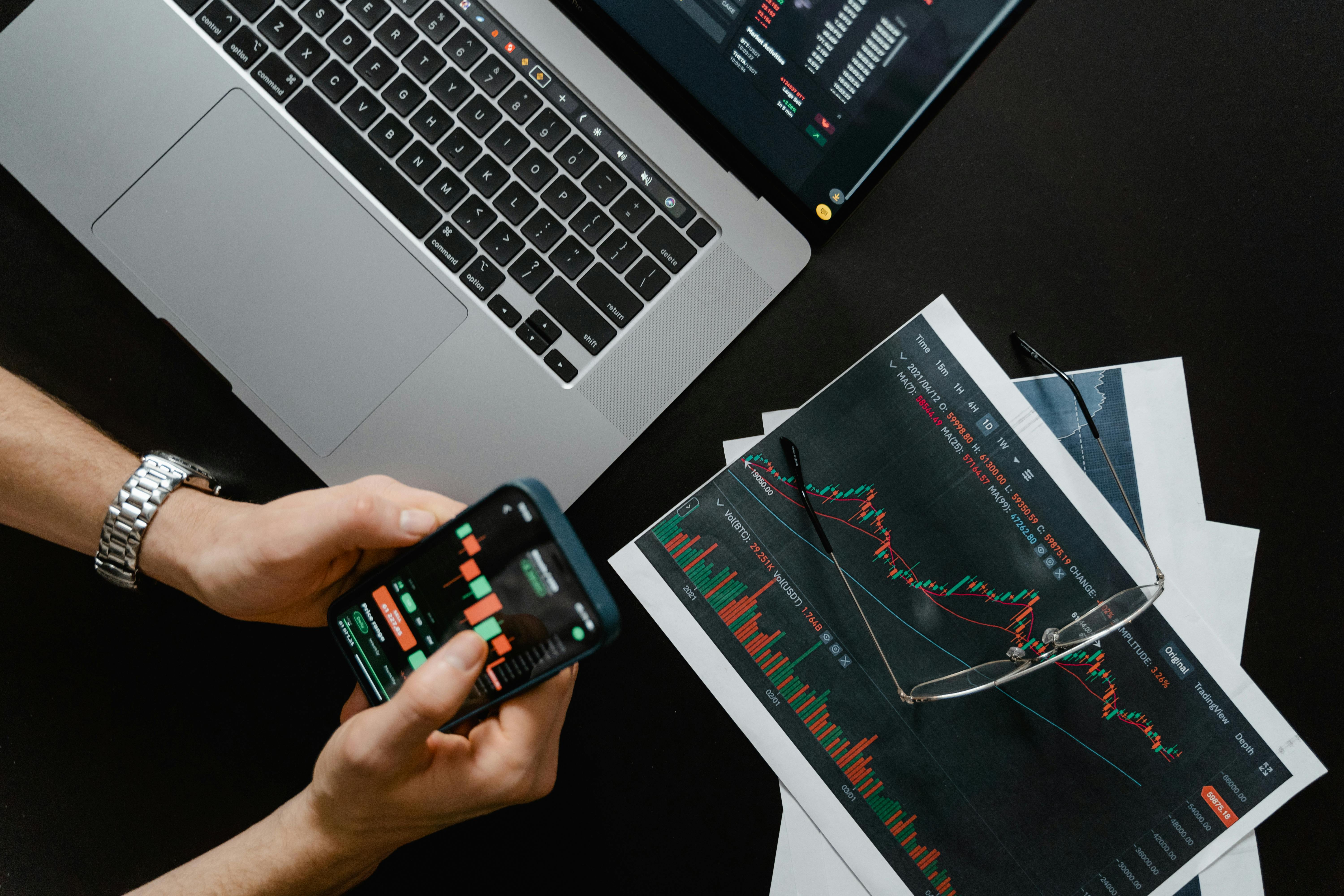
Tokenization of Commodities and Natural Resources: A Comprehensive Blockchain Revolution
Tokenization of Commodities and Natural Resources: Transforming Global Asset Management
Understanding Commodity Tokenization in the Digital Era
The emergence of blockchain technology has dramatically reshaped traditional approaches to asset management, with commodity and natural resource tokenization representing a groundbreaking financial innovation. By converting physical assets into digital tokens, blockchain enables unprecedented levels of fractional ownership, liquidity, and global accessibility.
Technical Architecture of Commodity Tokenization
Tokenization involves creating digital representations of tangible assets like minerals, agricultural products, energy reserves, and precious metals through blockchain protocols. These digital tokens encapsulate ownership rights, allowing investors to participate in complex asset ecosystems with reduced transaction costs and enhanced transparency.
Key Technological Components
- Smart Contract Infrastructure: Enables automated execution of ownership transfers and dividend distributions
- Decentralized Oracles: Provide real-time pricing and asset valuation data
- Regulatory Compliance Mechanisms: Ensure legal adherence across multiple jurisdictions
Global Regulatory Landscape
Jurisdictional Frameworks
| Jurisdiction | Regulatory Approach | Key Considerations |
|---|---|---|
| United States | SEC Registration | Strict securities regulations |
| Switzerland | Crypto Valley Approach | Progressive blockchain frameworks |
| Cayman Islands | Offshore Financial Hub | Flexible tokenization guidelines |
| British Virgin Islands | Alternative Investment Platforms | Minimal regulatory constraints |
Top Commodity Tokenization Protocols
Leading Platforms in 2024
- Securitize: Pioneering digital securities infrastructure with comprehensive compliance tools
- Harbor: Enterprise-grade tokenization platform focusing on alternative investments
- Polymath: Specialized security token issuance ecosystem
- RealT: Real estate and commodity fractional ownership platform
Market Dynamics and Investment Trends
According to recent market research, the global commodity tokenization market is projected to reach $5.6 billion by 2027, with a compound annual growth rate of 32.4%. Emerging markets in Africa, Southeast Asia, and Latin America demonstrate significant potential for blockchain-based commodity trading.
Investment Sectors
- Energy Resources
- Agricultural Commodities
- Mineral Reserves
- Precious Metals
- Sustainable Infrastructure Projects
Technical Challenges and Mitigation Strategies
Successful commodity tokenization requires sophisticated technological solutions addressing:
- Price Volatility: Implementing advanced oracle networks for accurate valuation
- Regulatory Compliance: Developing adaptable smart contract frameworks
- Security Infrastructure: Creating multi-layered authentication protocols
Future Technological Trajectories
The convergence of artificial intelligence, blockchain, and decentralized finance will continue driving innovation in commodity tokenization. Machine learning algorithms will enhance predictive modeling, while quantum computing promises unprecedented transaction processing capabilities.
RWA.codes: Empowering Tokenization Solutions
Our expertise spans comprehensive blockchain development, legal compliance, and technological infrastructure design. We specialize in creating bespoke tokenization platforms that address complex technological and regulatory challenges across global markets.